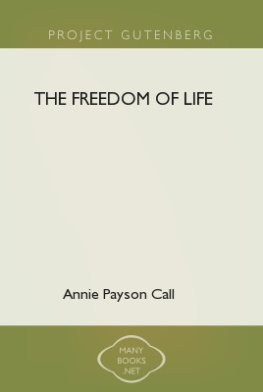This ebook edition first published in 2012 by Hampton Roads Publishing Company, Inc.
With offices at:
Charlottesville, VA 22906
www.redwheelweiser.com
Copyright 2012 by Hampton Roads Publishing Company, Inc. All rights reserved.
Originally published as Nerves and Common Sense by Annie Payson Call. Boston: Little, Brown, 1909.
eISBN: 978-1-61940-051-1
Cover design by Jim Warner
CONTENTS
INTRODUCTION
I want to sit down to tea with Annie Payson Call. Weekly.
Or better yet, I want to play a card game with her. I want her to teach me to sew, to sit quietly by as she cares for someone who is ill. I want to work with her, and I want to pick her brain. I want this woman in my life.
And now I have her. Imagine the surprise; to open a book that is more than a hundred years old and find a voice of clarity, warmth, spirit, and sense that could be talking from the next room. A voice that is modern and insightful. I even wondered if she had happened upon a time machine, and jumped inotherwise how would she know to give us this wisdom about telephones?
The telephone may be the means of increasing our consideration for others.... Or the telephone may be the means of making us more selfish and self-centered, more undecided and diffuse, more impatient, more strained and nervous.
It is a blessed convenience and if it proves a cursewe bring the curse upon our own heads.
Even if she doesn't have a time machine, how lucky we are to have Annie Payson Call as an old friend, a trusted aunt, an advisor, and a perspective-changer. She's someone with that unique gift of flipping things on their head through sheer practicality and common sense. She knows we can do our very best, and do it by calling on our insight, our attention, and maybe most importantly our follow-through. She offers the key to the steady undoing of our own anxious and depressive habits through meditation, authenticity, kindness, and inner peace.
Someone once described the difference between good breeding and bad breeding as that between a man who works as a matter of course to conquer his limitationsand a man to whom his limitations are inevitable.
This book brings our own good breeding into tangible reach. Through simple and beautifully articulated exercises, things to think about, anecdotes, meditations, and stern and loving advice, we can take charge of our lives. We can learn from and conquer our own negativity; we can go into the dark woods at the source of our problems and steadily cut a path to the light. Give up resentment, give up unhealthy resistance, she tells us. This will be our first step of many, taken under her loving guidance.
MINA PARKER
Annie Payson Call (18531940) was a Waltham, Massachusetts librarian, curative worker, and noted author who wrote several books and published articles in the Ladies' Home Journal, many of which are reprinted in this volume.
CHAPTER I
Habit and Nervous Strain
PEOPLE form habits which cause nervous strain. When these habits have fixed themselves for long enough upon their victims, the nerves give way and severe depression or some other form of nervous prostration is the result. If such an illness turns the attention to its cause, and so starts the sufferer toward a radical change from habits which cause nervous strain to habits which bring nervous strength, then the illness can be the beginning of better and permanent health. If, however, there simply is an enforced rest, without any intelligent understanding of the trouble, the invalid gets well only to drag out a miserable existence or to get very ill again.
Although any nervous suffering is worth while if it is the means of teaching us how to avoid nervous strain, it certainly is far preferable to avoid the strain without the extreme pain of a nervous breakdown.
To point out many of these pernicious habits and to suggest a practical remedy for each and all of them is the aim of this book, and for that reason common examples in various phases of every-day life are used as illustrations.
When there is no organic trouble there can be no doubt that defects of character, inherited or acquired, are at the root of all nervous illness. If this can once be generally recognized and acknowledged, especially by the sufferers themselves, we are in a fair way toward eliminating such illness entirely.
The trouble is people suffer from mortification and an unwillingness to look their bad habits in the face. They have not learned that humiliation can be wholesome, sound, and healthy, and so they keep themselves in a mess of a fog because they will not face the shame necessary to get out of it. They would rather be ill and suffering, and believe themselves to have strong characters than to look the weakness of their characters in the face, own up to them like men, and come out into open fresh air with healthy nerves which will gain in strength as they live.
Any intelligent man or woman who thinks a bit for himself can see the stupidity of this mistaken choice at a glance, and seeing it will act against it and thus do so much toward bringing light to all nervously prostrated humanity.
We can talk about faith cure, Christian Science, mind cure, hypnotism, psychotherapeutics, or any other forms of nerve cure which at the very best can only give the man a gentle shunt toward the middle of the stream of life. Once assured of the truth, the man must hold himself in the clean wholesomeness of it by actively working for his own strength of character from his own initiative. There can be no other permanent cure.
I say that strength of character must grow from our own initiative, and I should add that it must be from our own initiative that we come to recognize and actively believe that we are dependent upon a power not our own and our real strength comes from ceasing to be an obstruction to that power. The work of not interfering with our best health, moral and physical, means hard fighting and steady, never-ending vigilance. But it paysit more than pays! And, it seems to me, this prevailing trouble of nervous strain which is so much with us now can be the means of guiding all men and women toward more solid health than has ever been known before. But we must work for it! We must give up expecting to be cured.
CHAPTER II
How Women can keep from being Nervous
MANY people suffer unnecessarily from nerves just for the want of a little knowledge of how to adjust themselves in order that the nerves may get well. As an example, I have in mind a little woman who had been ill for eight yearseight of what might have been the best years of her lifeall because neither she nor her family knew the straight road toward getting well. Now that she has found the path she has gained health wonderfully in six months, and promises to be better than ever before in her life.
Let me tell you how she became ill and then I can explain her process of getting well again. One night she was overtired and could not get to sleep, and became very much annoyed at various noises that were about the house. Just after she had succeeded in stopping one noise she would go back to bed and hear several others. Finally, she was so worked up and nervously strained over the noises that her hearing became exaggerated, and she was troubled by noises that other people would not have even heard; so she managed to keep herself awake all night.
The next day the strain of the overfatigue was, of course, very much increased, not only by the wakeful night, but also by the annoyance which had kept her awake. The family were distressed that she should not have slept all night; talked a great deal about it, and called in the doctor.
The woman's strained nerves were on edge all day, so that her feelings were easily hurt, and her brothers and sisters became, as they thought, justly impatient at what they considered her silly babyishness. This, of course, roused her to more strain. The overcare and the feeble, unintelligent sympathy that she had from some members of her family kept her weak and self-centered, and the ignorant, selfish impatience with which the others treated her increased her nervous strain. After this there followed various other worries and a personal sense of annoyanceall of which made her more nervous.
Next page
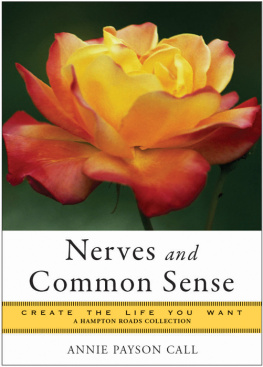
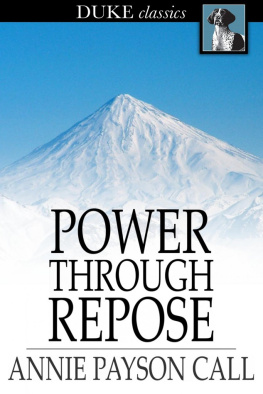
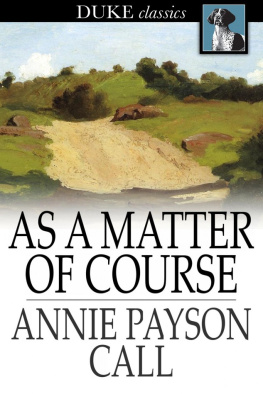

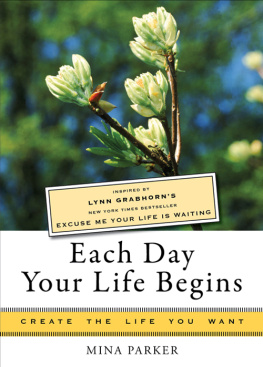
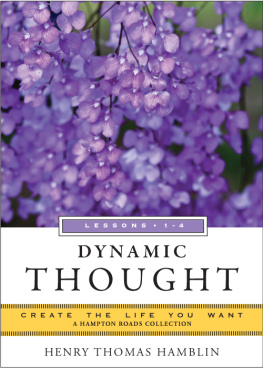

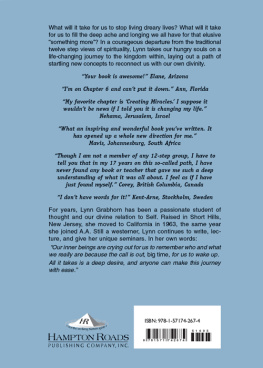
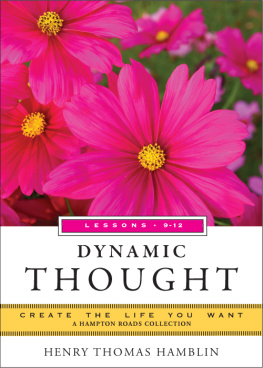
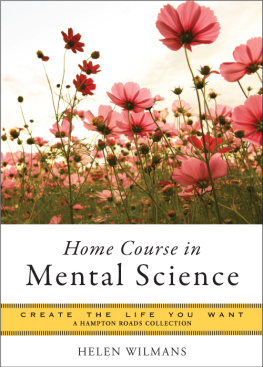
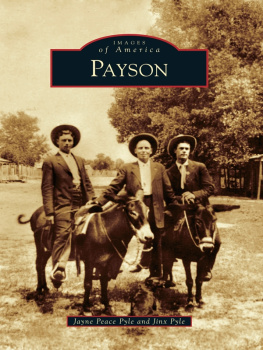
![Lynn Grabhorn - Excuse Me, Your Life Is Waiting: The Astonishing Power of Feelings [study edition]](/uploads/posts/book/80188/thumbs/lynn-grabhorn-excuse-me-your-life-is-waiting.jpg)
